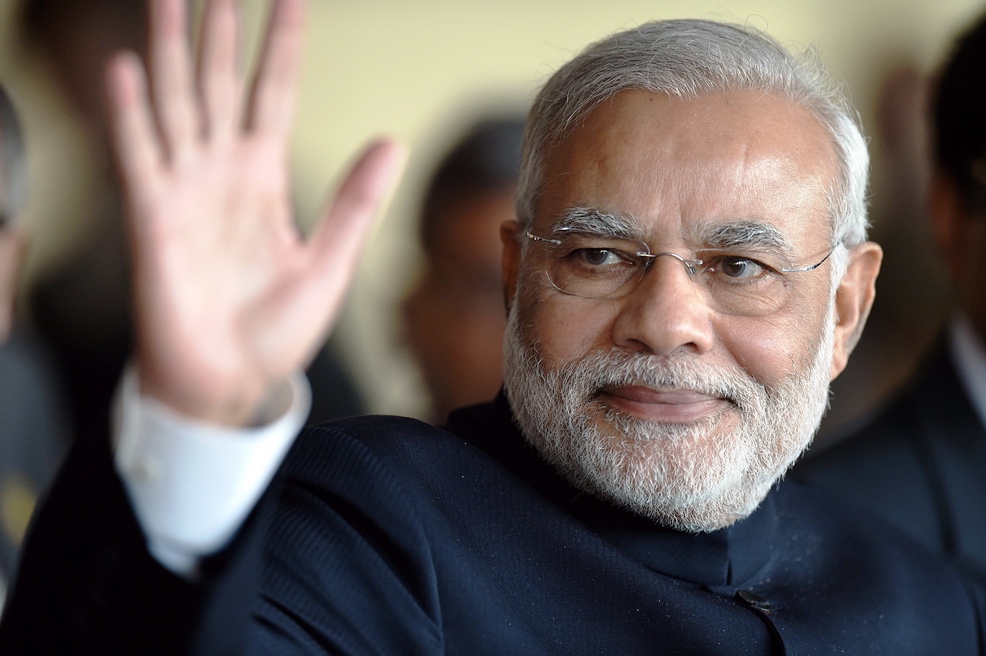
He attracted tens of thousands of followers within hours with many welcoming him. But he also had to face immense flak.
In his initial post on the microblogging service on Monday, the Indian leader, who already has accounts on Facebook and on Twitter where he is followed by more than 12 million people, wrote: "Hello China! Looking forward to interacting with Chinese friends through Weibo."
By Tuesday morning he had accumulated nearly 30,000 Weibo followers.
Some welcomed Modi, who is set to visit China for three days starting May 14.
Read: India's Modi to make first visit to rival giant China
"Hello Prime Minister," wrote one user. "Hope you will adapt to the stormy waves on Weibo as soon as possible. Looking forward to communicating with you."
But most comments following Modi's sign up were more confrontational.
China and India have longstanding border disputes. Beijing claims a border area in the northeast Indian state of Arunachal Pradesh as Zangnan, or South Tibet. The two countries also fought a war in 1962.
"Zangnan has been an inherent part of China since at least 600 years ago, when the United States was the Indians' and India was not united yet," one user said.
Another posting said: "Return Zangnan to us. Otherwise there is nothing to talk about with you."
Some users referred to India’s reputation for violence against women. "Please improve women's position in India and ensure women's safety! Otherwise we foreign women dare not travel to India," said one user.
Others used the opportunity to mock Indian accents, to make jokes about curry or insult Indian people for supposedly being dirty.
China defeated India in a brief but bloody war in 1962 and their border disputes - which also involve a Beijing-controlled area in the far west, on the border between Xinjiang and Kashmir - remain unresolved, with both sides regularly accusing soldiers of crossing over into the other's territory.
Modi, whose time as chief minister of Gujarat was marred by Hindu-Muslim riots that saw at least 1,000 people killed, most of them Muslims, devoted his second Weibo post to Buddhism.
"I wish everyone happiness on Buddha's birthday. Today we remember Buddha's ideals and missions. He preached the ideals of harmony and brotherhood and had a vision of a peaceful world.
"Buddhism is a unifying force connecting Asian countries. It can be one form of strong cohesion to turn this century into the Asian era," he said.
Both his posts were in Chinese.
Buddhism entered the country over 2,000 years ago and the religion's Chinese administrators say it has more than 100 million adherents.
With additional input from The Washington Post

1732274008-0/Ariana-Grande-and-Kristin-Chenoweth-(1)1732274008-0-165x106.webp)



1732273396-0/Copy-of-Untitled-(72)1732273396-0-270x192.webp)
1732269802-0/Copy-of-Untitled-(71)1732269802-0-270x192.webp)
1732261957-1/Copy-of-Untitled-(66)1732261957-1-270x192.webp)


1732258132-0/BeFunk_§_]__-(26)1732258132-0.jpg)






COMMENTS (26)
Comments are moderated and generally will be posted if they are on-topic and not abusive.
For more information, please see our Comments FAQ